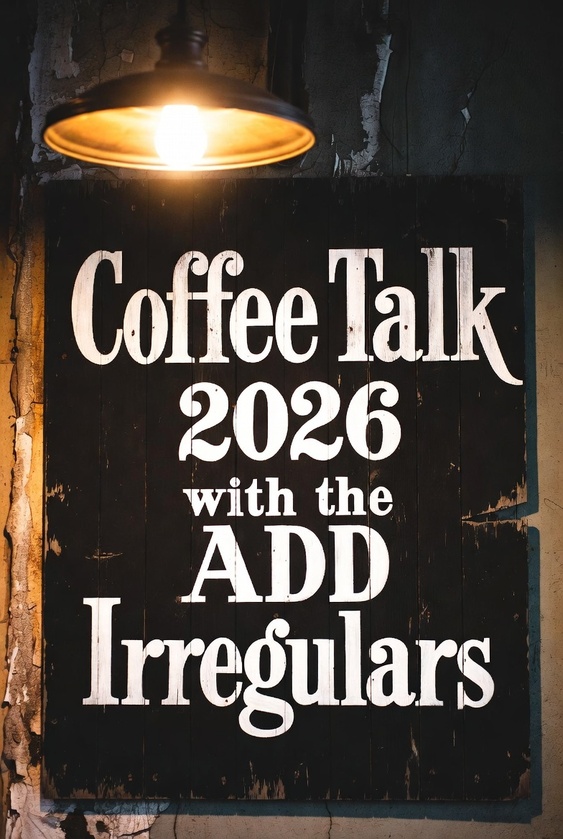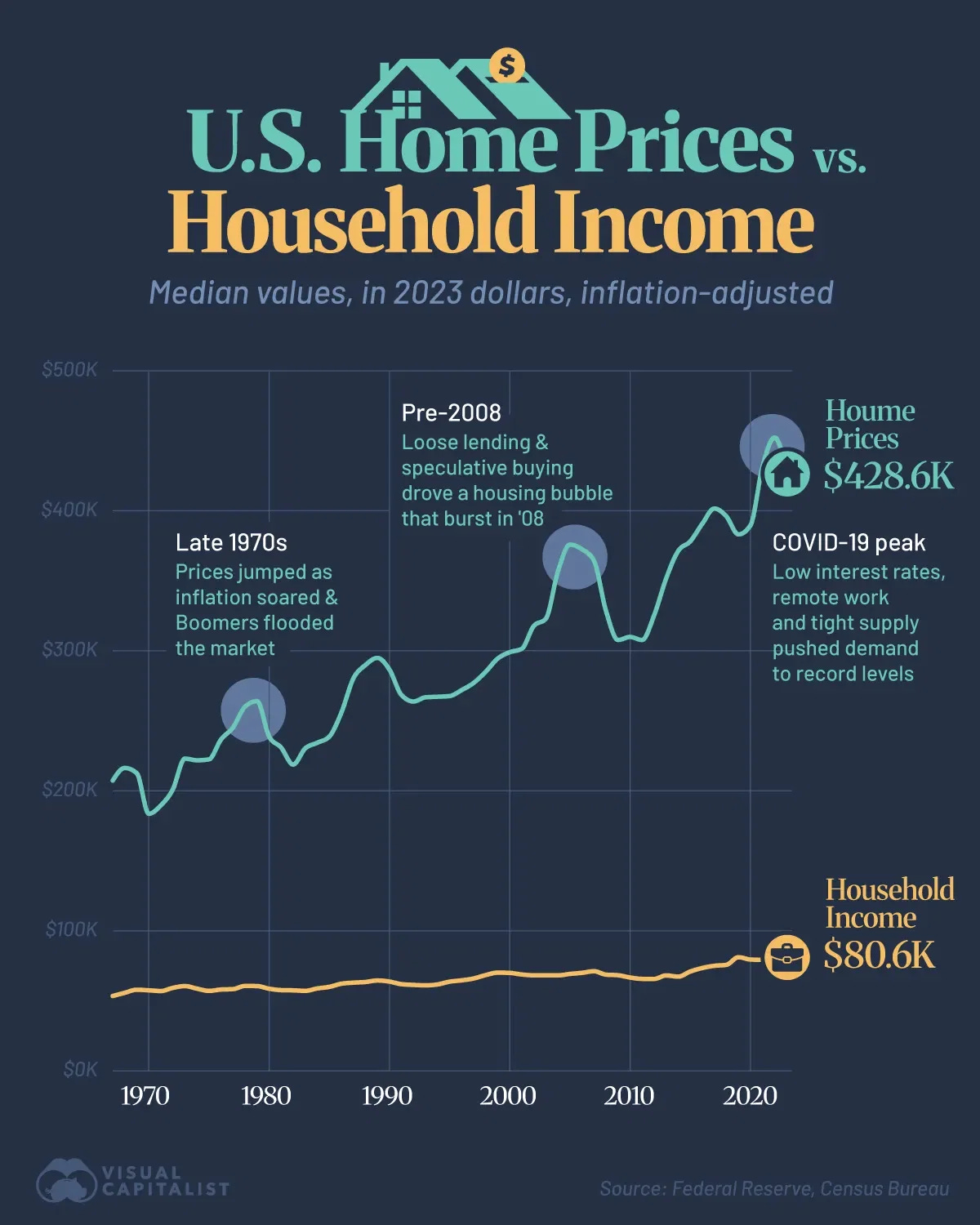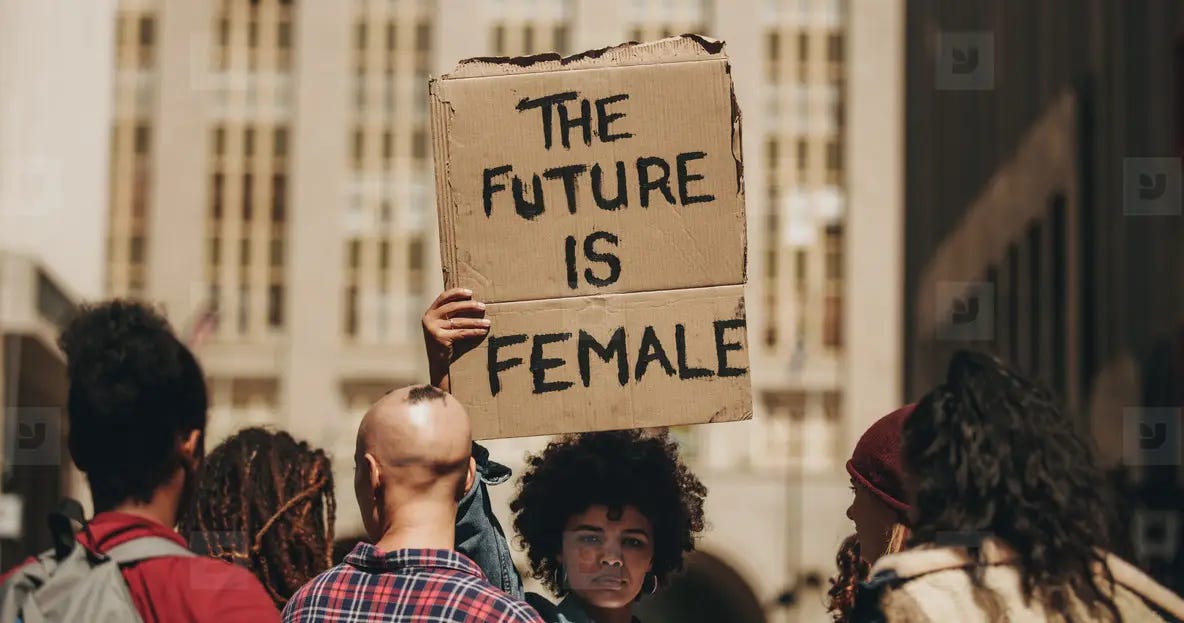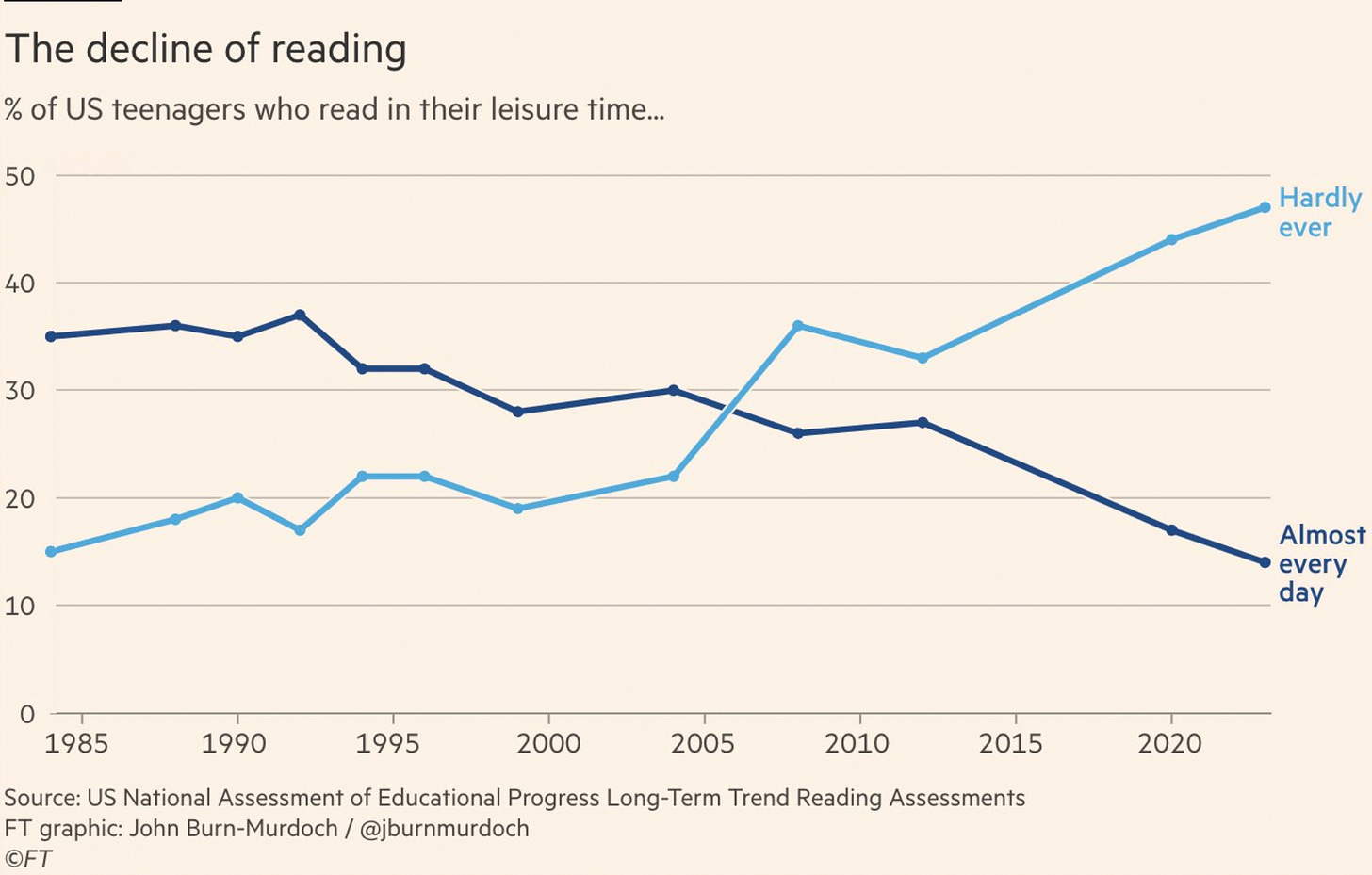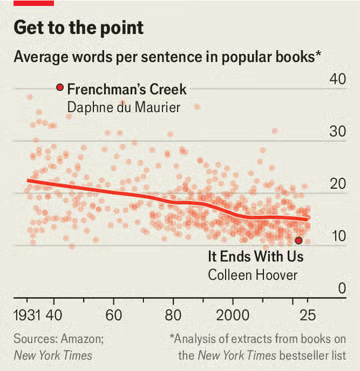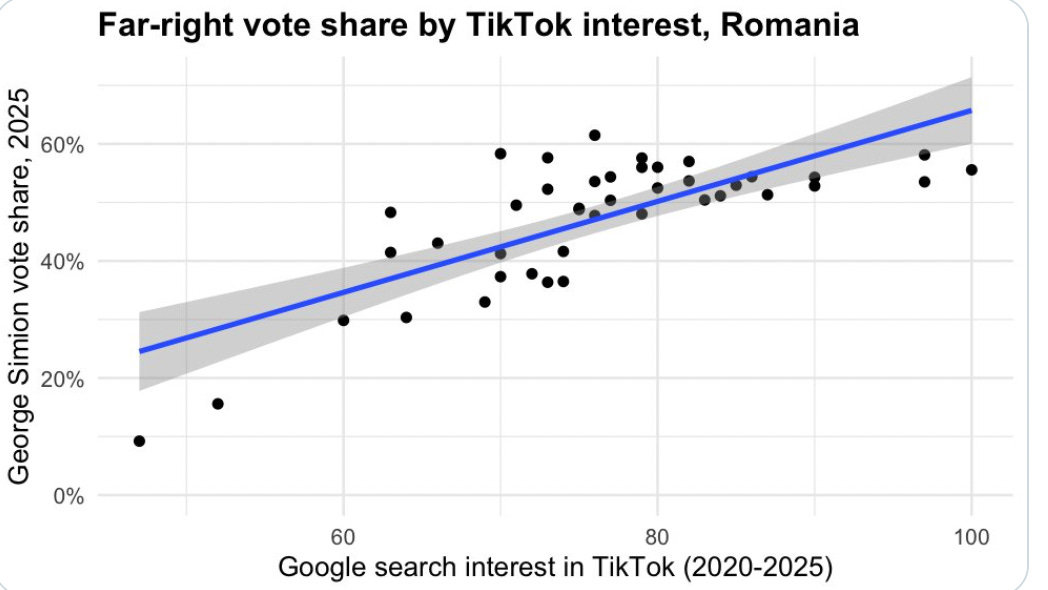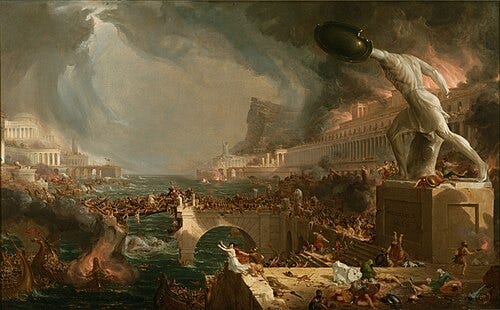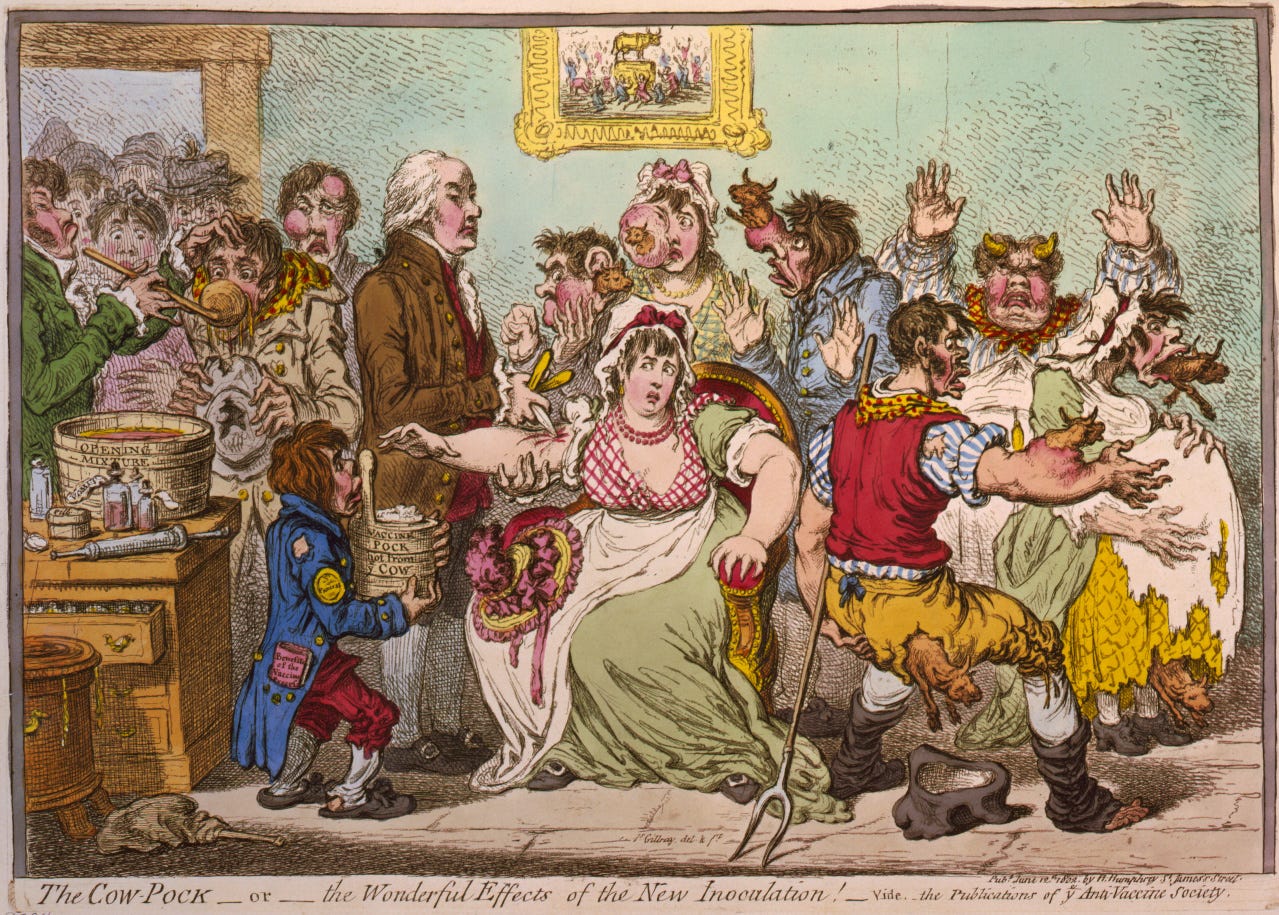It’s 3:47 AM.
I’m standing in my kitchen, drinking water from a gallon jug like a fucking Clydesdale, and I just got back from the gym where I moved things that didn’t want to be moved.
And I’m thinking about something nobody talks about anymore.
The beauty of being a man.
Not the Andrew Tate cartoon version. Not the “toxic masculinity” punching bag that gets dragged out every time a man does something stupid. Not the sitcom dad who can’t operate a washing machine without burning down the house.
The real shit.
The quiet, unspoken, absolutely fucking magnificent things about carrying this particular burden through the world.
WE FIX THINGS
I don’t mean we’re good at fixing things.
I mean we’re WIRED to fix things.
Something breaks? A man doesn’t see a problem. He sees a puzzle that hasn’t been solved yet. His brain immediately starts running scenarios. What tool do I need? What’s the sequence? How do I make this work again?
It’s not about the object. It’s about the RESTORATION.
Watching a man fix something is watching an ancient ritual play out in real time. The same focus our ancestors had tracking a wounded animal through the brush, except now it’s a garbage disposal that’s making a weird noise.
You know what happens inside a man when he fixes something his family needed fixed?
Dopamine.
Purpose.
The primal satisfaction of: I made this world work for the people I love.
And society wants to pathologize that? Call it “compulsive problem-solving” or “inability to just listen”?
No.
It’s fucking beautiful.
It’s a man doing what men were BUILT to do.
WE CARRY THINGS
Not just physical weight…though yes, that too.
I’ve moved furniture. I’ve carried crying children up stairs when I could barely stand. I’ve loaded trucks in 110-degree Texas heat until my shirt was soaked through and my back felt like it might snap.
But that’s not what I’m talking about.
I’m talking about the weight we carry that nobody sees.
The worry we don’t voice. The fear we don’t show. The absolute certainty that we are the last line of defense between our family and whatever’s coming.
You know why men check the locks before bed? Why we walk on the street side of the sidewalk? Why we wake up to every sound in the middle of the night?
Because we know.
We know that if something comes through that door, everyone is looking at us. Not because we asked for that responsibility. Because it’s coded into our fucking DNA.
A man walks through the world knowing that if shit goes sideways, he’s expected to handle it. To absorb the impact. To be the breakwater against whatever storm is coming.
And we do it.
Not because we want praise. Not because we expect a medal.
Because that’s what men do.
WE BUILD
A man sees empty space and thinks: Something should go there.
Not always useful. Not always pretty. But SOMETHING.
We build sheds we don’t need. Decks that serve no purpose. We frame out basements we’ll never finish. We start projects that will take years, knowing full well we might not see the end.
Why?
Because the ACT of building is the point.
Something exists that didn’t exist before. Something came from our hands, our planning, our vision. We took raw materials and turned them into order.
When a man dies, you know what he leaves behind?
Not his words. Not his “emotional availability.”
The things he built.
The house he improved. The business he grew. The family he helped construct from nothing but love and sheer fucking stubbornness.
My grandfather built a barn that’s still standing. He’s been dead for thirty years. But every time I drive by it, I see him. His hands are in those beams. His decisions are in that foundation.
That’s legacy.
That’s what a man leaves in the world.
WE PROTECT
And I don’t just mean physically.
Although yes…when the world tells us that male protection instincts are “problematic,” I want to grab the world by its shoulders and shake it.
You know why women feel safe walking with a man at night? It’s not patriarchy. It’s fucking biology. It’s ten thousand generations of men being the ones who faced the wolves, who stood watch by the fire, who put themselves between danger and their people.
But the protection goes deeper than that.
A man protects his family’s dignity by working a job he hates. A man protects his children’s future by saying no to things he wants. A man protects his wife’s peace by absorbing stress he’ll never tell her about.
That moment when the bills are tight and you’re doing math in your head at 2 AM, figuring out which thing to sacrifice so nobody else has to know there’s a problem?
That’s protection.
The times you smiled and said “everything’s fine” when everything was absolutely not fine…because your worry being their worry would only make things worse?
That’s protection.
We’re not “emotionally unavailable.”
We’re the fucking levee.
WE SHOW UP
Not always gracefully.
Not always with the right words.
But we show up.
A man doesn’t need to understand why his presence matters to his kid’s baseball game. He just shows up. He doesn’t need to “feel like” going to the school play. He shows up. He doesn’t need to be emotionally prepared for the hard conversation. He shows up.
Because presence IS the gift.
You know what your dad sitting in the bleachers meant when you were seven? It didn’t matter if he was scrolling his phone or watching every pitch. His ASS IN THAT SEAT was the message.
I chose to be here.
You matter enough for me to be here.
Whatever else I could be doing, I’m doing THIS.
Men don’t always have the vocabulary for love. Probably never will. We’re not built for poetry. We’re built for showing up.
And when you’re old, and you’re remembering the people who loved you, you won’t remember what they said.
You’ll remember who was there.
WE SACRIFICE QUIETLY
Here’s the one that kills me.
A man will sacrifice half his life and never expect a thank you.
He’ll work a job that’s slowly destroying his body. He’ll skip the thing he wanted so his kids could have the thing they wanted. He’ll eat last, sleep least, spend nothing on himself.
And when you ask him what he wants for Christmas, he’ll say “nothing.”
Because he actually means it.
The sacrifice IS the point. The giving IS the reward. The knowledge that his people are taken care of…that’s the only payment he needs.
Society calls this “not being in touch with his needs.” Therapists call it “poor self-care.”
I call it the most beautiful thing a human can do.
The willingness to pour yourself out for others and expect nothing in return.
That’s not dysfunction.
That’s LOVE in its purest, most ancient, most masculine form.
THE TRUTH NOBODY WANTS YOU TO HEAR
We’ve spent a generation telling men that everything about them is broken.
Their strength is violent. Their protection is controlling. Their silence is toxic. Their sacrifice is self-neglect. Their love is inadequate.
And you know what happened?
We raised a generation of men who don’t know who they are. Who apologize for existing. Who’ve been convinced that their instincts are diseases that need to be cured.
I was one of them.
I spent 24 years trying to sand down every rough edge. Trying to be softer, quieter, smaller. Trying to fit into a shape that was never going to fit.
And I lost myself.
The wild one. The one who fixed things and built things and protected things. The one who showed up and sacrificed without expecting a goddamn thing in return.
I killed him trying to be something I was never meant to be.
HERE’S WHAT I’VE LEARNED
Being a man isn’t a diagnosis.
It’s a gift.
A strange, heavy, beautiful gift that comes with responsibilities nobody asked for and instincts that don’t always translate to modern life.
But those instincts…the fixing, the building, the protecting, the showing up, the sacrificing…they’re not bugs.
They’re features.
They’re the reason civilization exists. The reason your house has walls. The reason your children feel safe. The reason roads got built and fires got fought and families got fed through impossible winters.
Men aren’t broken versions of women.
We’re a different instrument entirely. Playing a different part in the same song.
And the song is more beautiful because we’re in it.
A MESSAGE TO THE MEN READING THIS
Brother.
I know you’re tired.
I know you’ve been told you’re the problem so many times you half believe it.
I know you feel like who you are is never quite right. Too much of this, not enough of that. Always needing to be fixed, improved, recalibrated.
Fuck that.
You were built exactly right.
Not for sitting in circles talking about your feelings. Not for performative sensitivity that makes other people comfortable.
You were built to carry weight. To build things. To protect people. To show up when everything in you wants to stay home. To sacrifice without complaint and love without expectation.
That’s not toxic.
That’s HEROIC.
And if nobody else is going to tell you today, let a crazy old man say it:
Being a man is a beautiful thing.
Own it.
Live it.
Stop apologizing for the very things that make you magnificent.
A MESSAGE TO THE WOMEN READING THIS
That man in your life?
The one who doesn’t talk about his feelings? Who “forgets” your anniversary but somehow remembers to check the oil in your car? Who shows love through doing instead of saying?
He’s not broken.
He’s not a project.
He’s not a puzzle you need to solve or a rough draft you need to edit.
He’s a man.
And the things that frustrate you about him are often the same things that protect you. That provide for you. That would throw themselves in front of traffic for you without a second thought.
Different doesn’t mean wrong.
Masculine doesn’t mean toxic.
Traditional doesn’t mean outdated.
The guy who can’t find the words to say “I love you” but gets up at 5 AM to scrape the ice off your windshield?
He’s saying it.
In the only language he knows.
And if you listen with your heart instead of your expectations, you’ll hear it loud and clear.


